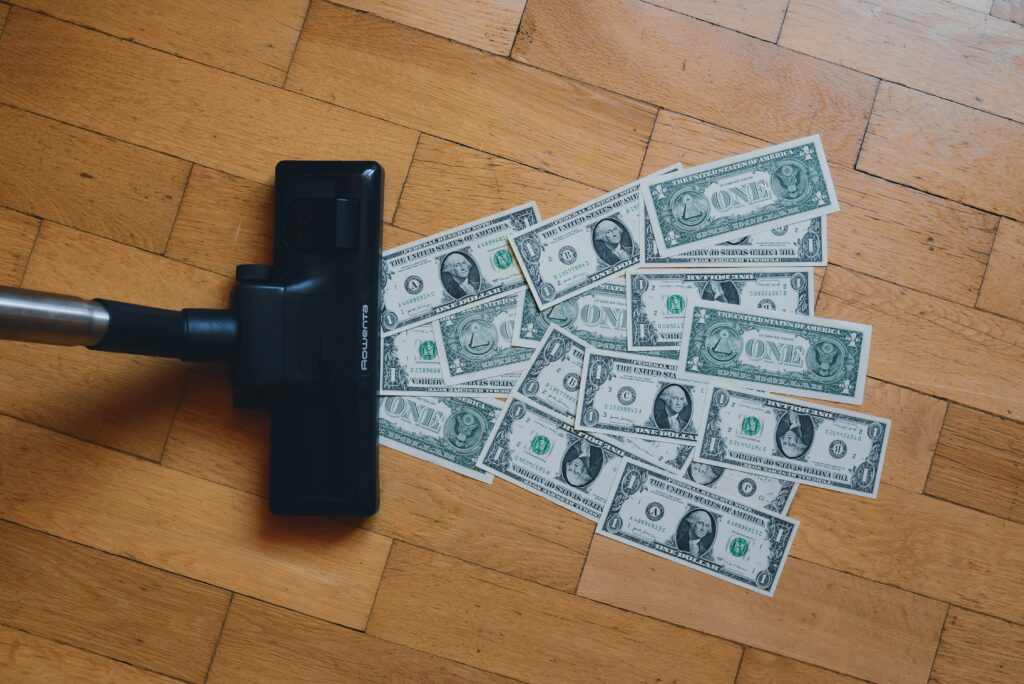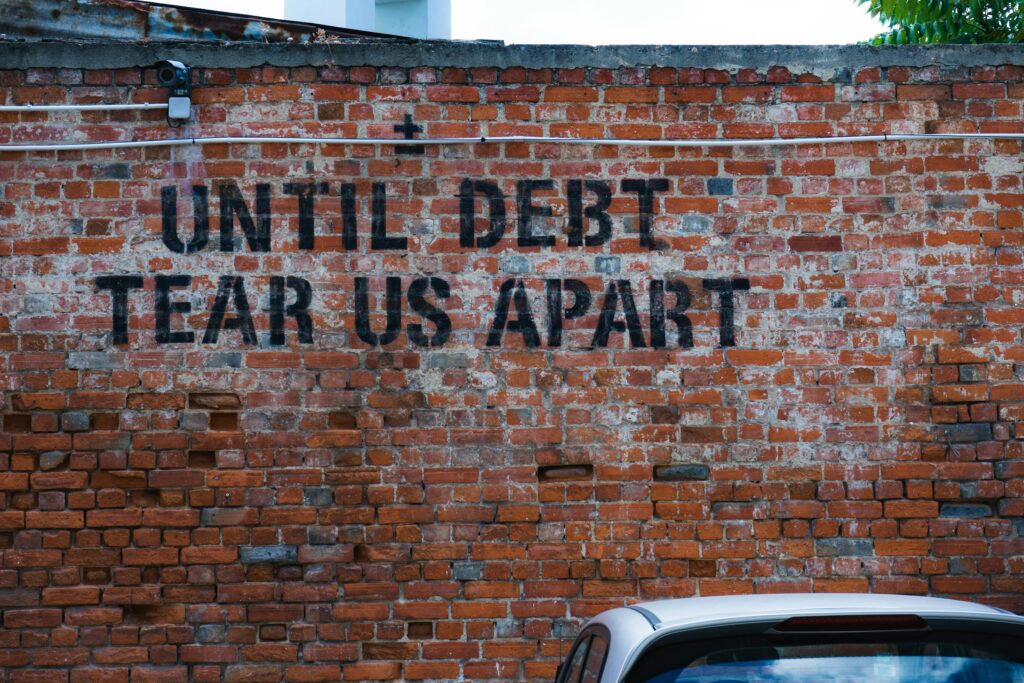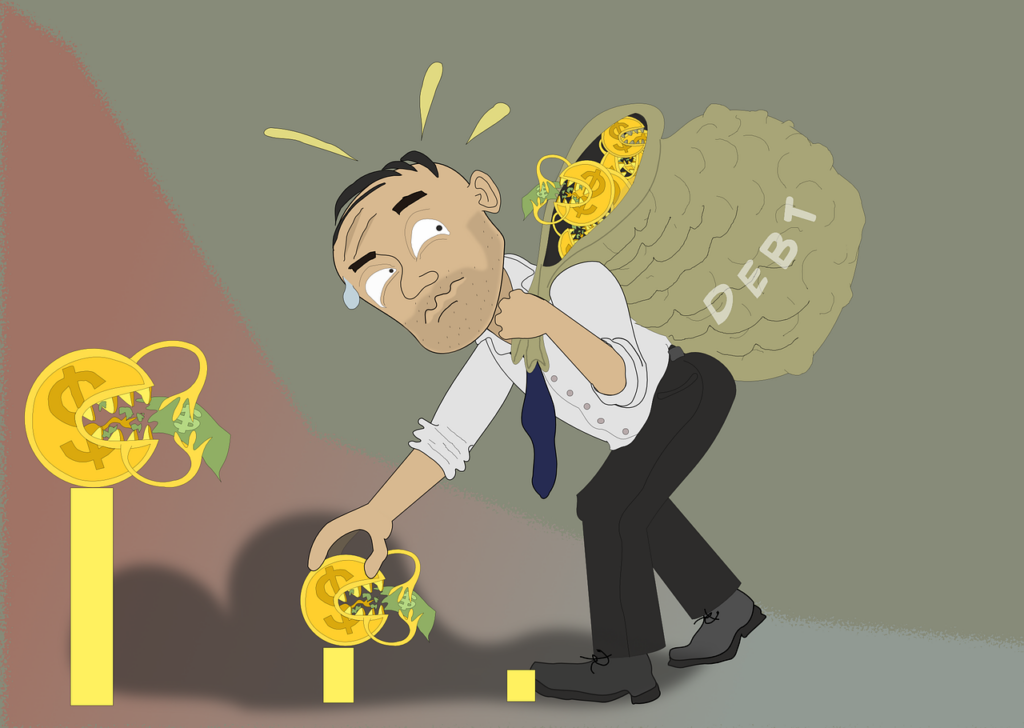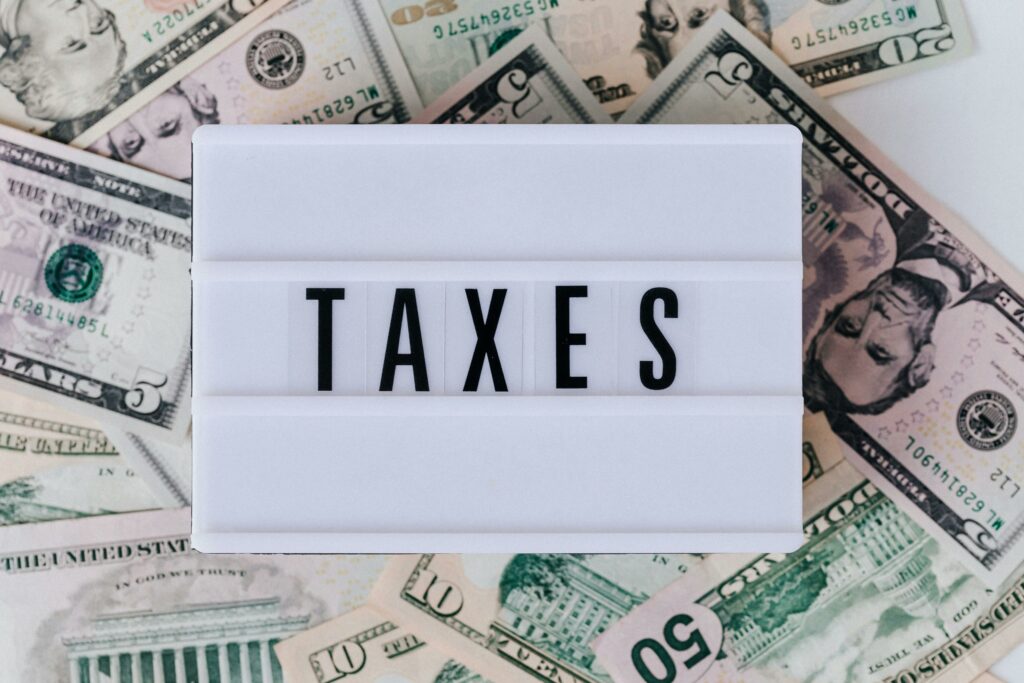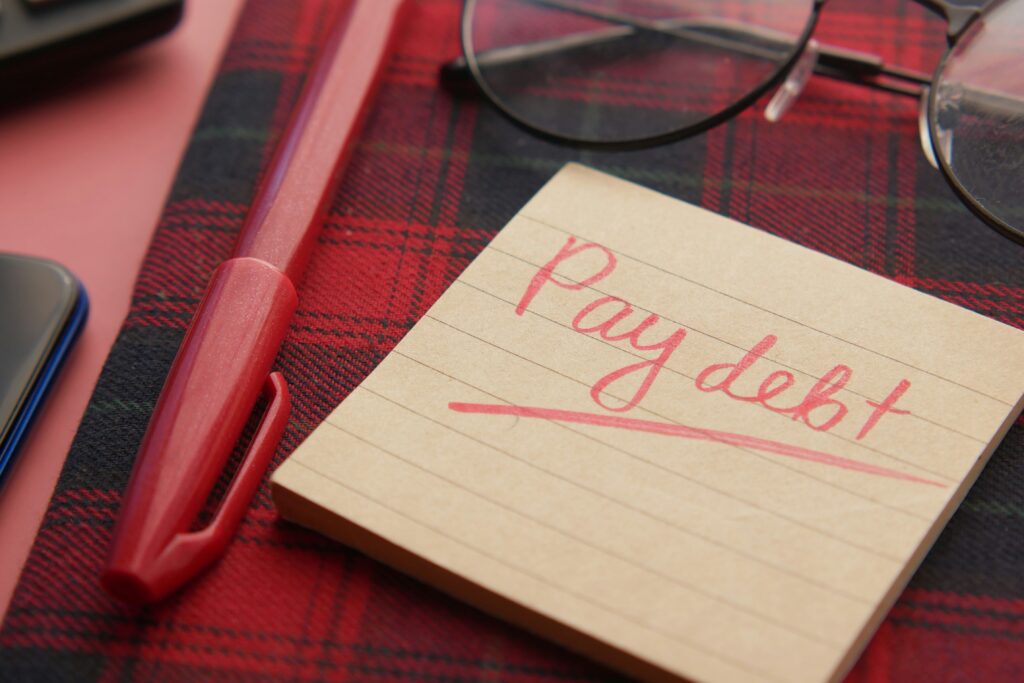Love our content? Show your support by following us — pretty please!🥺
FOLLOW ON PINTEREST
Hi! I’m Kate, the face behind KateFi.com—a blog all about making life easier and more affordable.
If you’re staring down a mountain of credit card debt and considering debt settlement as a lifeline, you’re probably wondering: How bad is this going to mess up my credit score?
Let’s break it down—the damage, the recovery, and everything in between.
What Is Debt Settlement?
Debt settlement is when you (or a company like CuraDebt) negotiate with creditors to pay less than the total balance you owe.
So instead of shelling out $15,000 in credit card debt, you might settle for $6,000–$10,000. But here’s the kicker: you’ll likely need to stop making payments for a few months first to get creditors to the table.
That’s where your credit score takes the hit.
What Happens to Your Credit Score When You Stop Paying?
Here’s the truth—debt settlement doesn’t just ding your credit score. It body slams it.
- You’ll start getting reported for missed payments (30, 60, 90+ days late)
- Your score can drop 100–150+ points, depending on your starting point
- Your account may be charged off or sent to collections
But let’s be real: If you’re considering debt settlement, your credit might already be in rough shape from high utilization or late payments. In that case, the damage might not be as shocking as it sounds.
How Long Does the Damage Last?
- Missed payments stay on your credit report for 7 years
- Settled accounts are also reported and can affect your credit for up to 7 years, though the impact fades over time
The worst impact is usually felt in the first 12–24 months. After that, recovery is not only possible—it’s expected.
👉 Want help negotiating debt and minimizing long-term damage?
💡 Follow KateFi.com on Pinterest for:
- Frugal living hacks
- Budget-friendly meal ideas
- Creative side hustle tips
- DIY tricks that save you money
Why People Do It Anyway (Even Knowing the Credit Hit)
Because freedom is worth the fall.
- You can slash your debt by 30–60%
- Stop endless interest cycles
- Avoid bankruptcy (which can hit your credit even harder and longer)
💥 Bonus: Companies like CuraDebt only charge after they’ve successfully settled your debt. No upfront costs, no surprises.
How to Rebuild Your Credit After Debt Settlement
Here’s the glow-up plan:
1. Monitor Your Credit Report Religiously
Use free tools like Credit Karma or Experian to track your score and look for errors.
2. Pay Every Bill On Time Moving Forward
Payment history is 35% of your credit score. This one step is HUGE.
3. Keep Your Credit Utilization Low
If you still have open cards, keep balances under 30% of the limit.
4. Add a Secured Credit Card
These are great tools to build new positive history without big risks.
5. Consider a Credit-Builder Loan
It’s a small loan you repay monthly—on time—which gets reported to the credit bureaus.
6. Become an Authorized User
Ask a family member or friend with good credit to add you to their card. Their positive history can boost yours.
Need help building a strategy post-settlement? Start here.
Real Talk: Is the Credit Damage Worth It?
If your debt is unmanageable and you’re already falling behind? Yes.
Debt settlement gives you a clean slate much faster than paying minimums for 10+ years. And your credit can (and will) recover—especially with the right plan.
If your situation is borderline, or you’re unsure whether debt settlement is the best move? Get a pro to look it over.
👉 Start a free consultation with CuraDebt and see what your options really are.
Other Helpful Reads:
- Debt-Free in 2025: Proven Strategies to Crush Your Debt Without Giving Up Lattes
- How to Get Out of Debt Without Ruining Your Credit Score
- Credit Score Hacks: How to Boost Your Credit Fast Without Paying a Dime
Affiliate disclosure: We may earn a commission if you sign up through CuraDebt at no cost to you. We only recommend what we love, use, or trust.









